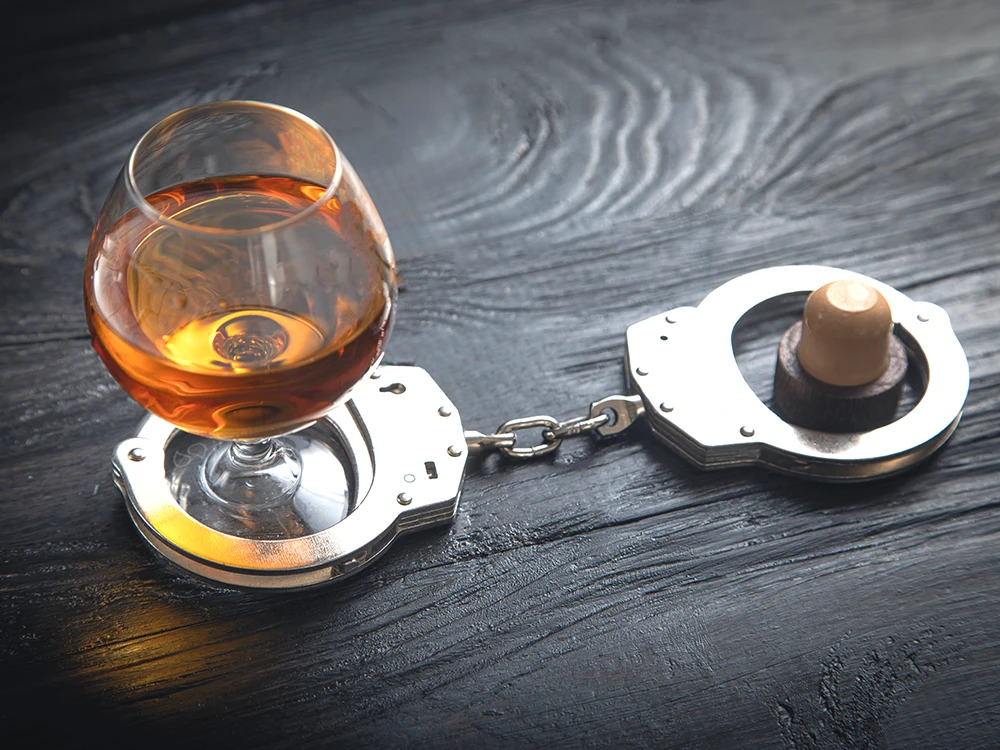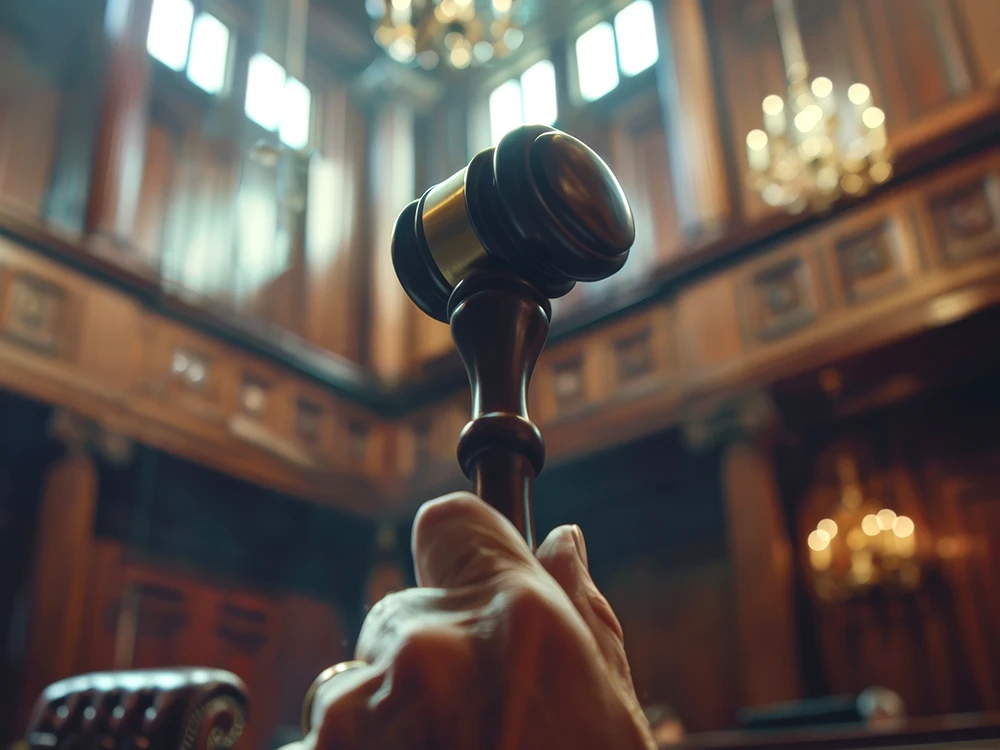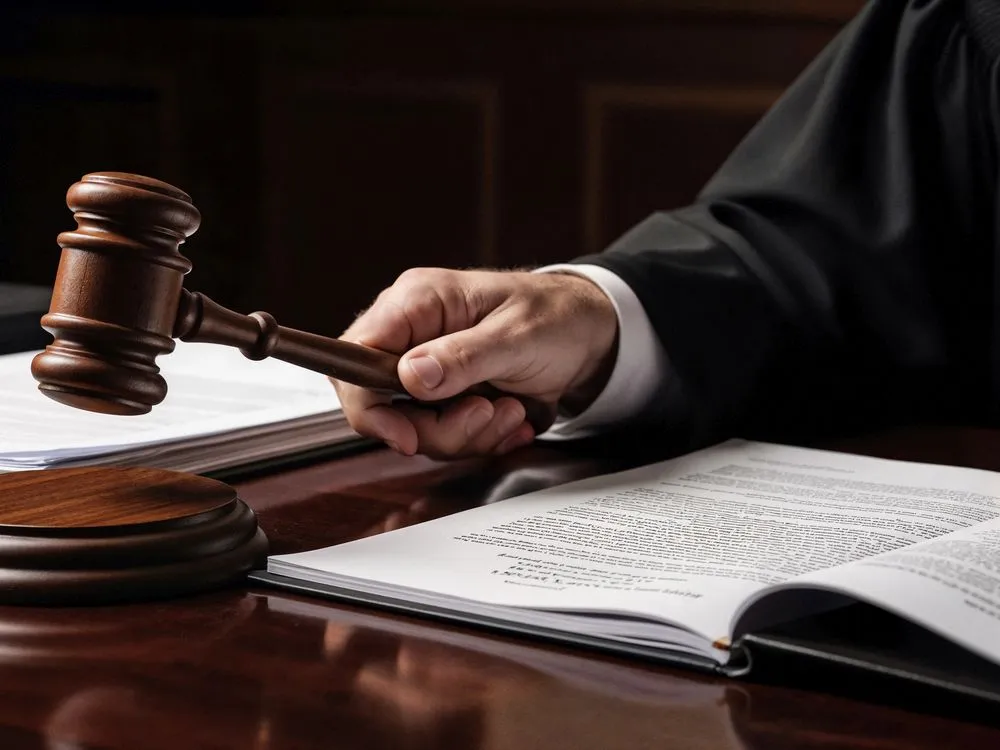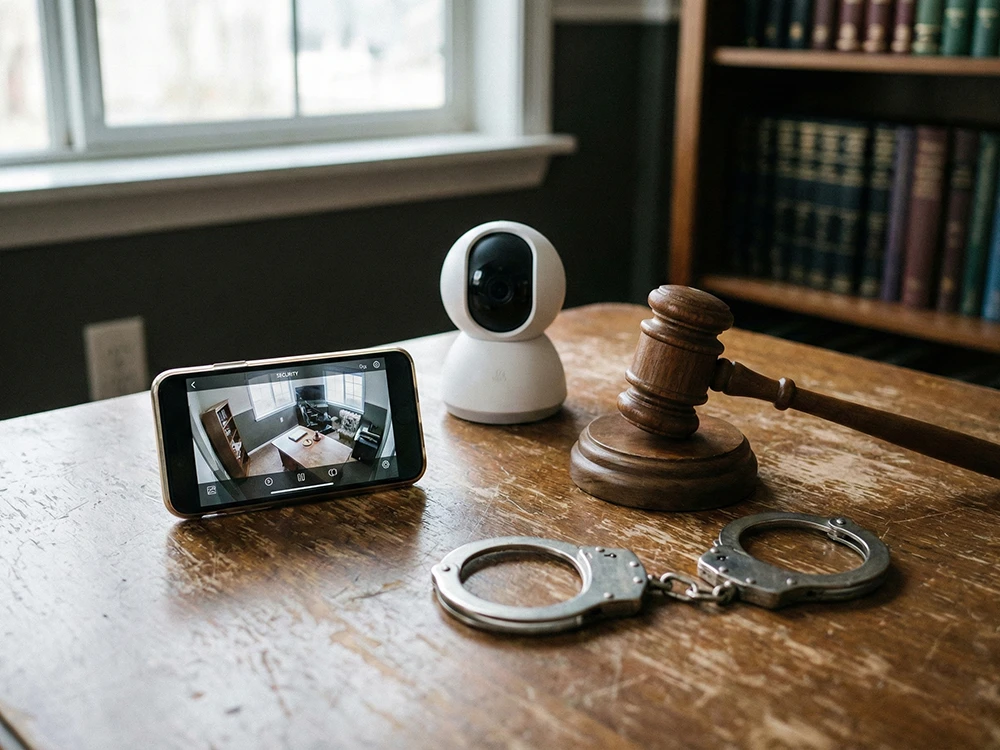Federal fraud prosecutions often result in enhanced penalties when the defendant is found to have engaged in additional unlawful conduct, such as obstructing justice or participating in the resale of stolen property. Sentencing enhancements can significantly increase a defendant’s prison term, and attempts to overturn them on appeal are rarely successful unless the trial court clearly misapplied the law. A recent opinion delivered by a Florida court illustrates how federal courts evaluate claims involving sentencing errors and underscores the importance of preserving objections in a timely and thorough manner. If you are facing fraud charges, you should speak with a Tampa fraud crime defense attorney about your rights and legal options.
Factual and Procedural Setting
It is reported that the defendant was indicted on one count of conspiracy to commit wire fraud and two counts of wire fraud. The charges stemmed from a scheme to obtain fraudulent titles for stolen vehicles using forged documents submitted to state authorities. The government alleged that the defendant worked with others to exploit vehicle registration systems in order to claim ownership over stolen automobiles. The defendant entered a plea of not guilty, and the case proceeded to trial.
Allegedly, during trial, the defendant testified in his own defense and denied knowingly participating in any fraud. The jury ultimately acquitted him on the conspiracy count but convicted him on both substantive counts of wire fraud. The probation office prepared a presentence investigation report recommending sentencing enhancements, including a two-level increase under U.S.S.G. § 2B1.1(b)(4) for being in the business of receiving and selling stolen property and another two-level increase under § 3C1.1 for obstruction of justice. Continue Reading ›
 Tampa Criminal Lawyer Blog
Tampa Criminal Lawyer Blog



















